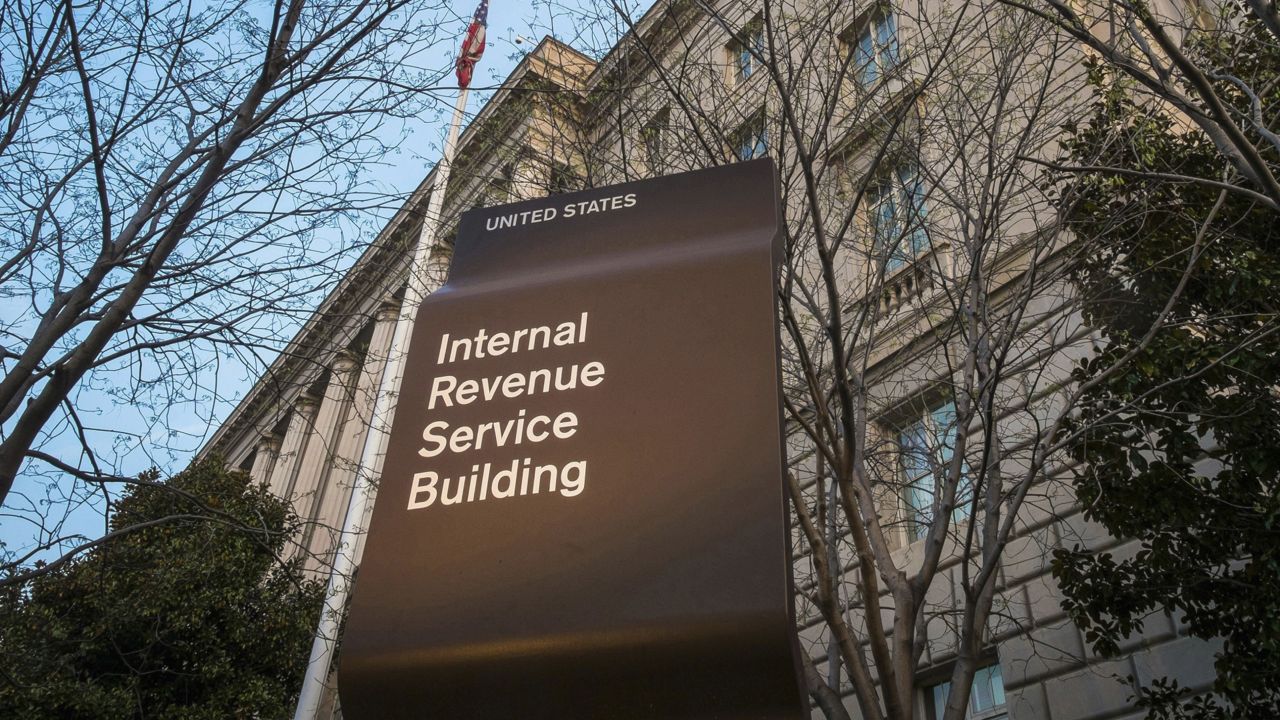The Internal Revenue Service on Monday announced they will no longer continue with the planned rollout of facial recognition software to verify users’ identity, a move that comes after growing bipartisan concern over potential data breaches and equitable access to the service.
The IRS had announced in late November that it would require new users attempting to access tax information to submit a government document, as well as a self video taken on a smartphone or webcam, as identity verification through the third-party platform ID.me. While users with registered accounts could, as of Monday, still access their documents the traditional way, the change was set to go into effect for all users come this summer.
Now, the IRS will “transition away from using a third-party service for facial recognition,” the agency said in a statement, adding that the transition “will occur over the coming weeks in order to prevent larger disruptions to taxpayers during filing season.”
The IRS plans to develop a new identity verification process that does not involve facial recognition, but did not say what that process might be nor when it might become available to the public. An IRS spokesperson pointed Spectrum News to the agency’s online statement when reached for comment.
"The IRS takes taxpayer privacy and security seriously, and we understand the concerns that have been raised," IRS commissioner Chuck Rettig wrote in Monday’s statement. "Everyone should feel comfortable with how their personal information is secured, and we are quickly pursuing short-term options that do not involve facial recognition."
The transition will not impact this year’s tax filing season, which officially began on Jan. 24.
Lawmakers had, in recent weeks, voiced concerns over numerous aspects of the planned partnership with ID.me, a digital identity verification network that boasts contracts with numerous state agencies and private entities.
On Monday, a group of House Democrats penned a letter to commissioner Rettig asking the agency to pause the planned rollout of the ID verification system, citing potential safety concerns and saying the IRS should “consult with a wide variety of stakeholders before deciding on an alternative.”
“We write to you with great concern regarding the IRS’s plan to employ face recognition software requiring millions of Americans to have their face scanned by a private contractor,” Reps. Ted Lieu, D-Calif., Anna Eshoo, D-Calif., Pramila Jayapal D-Wash., and Yvette Clarke, D-N.Y., wrote in the letter. “Any government agency operating a face recognition technology system – or contracting with a third party – creates potential risks of privacy violations and abuse.”
The lawmakers pointed to a major cybersecurity breach that impacted Customs and Border Protection in May 2019, in which tens of thousands of images and personal information from travelers was accessed and later appeared on the dark web.
The letter raised a number of additional concerns, including the possibility of racial bias in the software and lack of universal access to internet or broadband services, which they said might “result in less Americans filing for the earned income tax credit.”
Concern over the expanded partnership between the IRS and ID.me was bipartisan. A group of over a dozen Senate Republicans last week issued an open letter saying they were “deeply concerned for many reasons” about the rollout, and requested commissioner Rettig respond to a number of questions no later than Feb. 27.
“The IRS has unilaterally decided to allow an outside contractor to stand as the gatekeeper between citizens and necessary government services,” the letter read in part. “The decision millions of Americans are forced to make is to pay the toll of giving up their most personal information, biometric data, to an outside contractor or return to the era of a paper-driven bureaucracy where information moves slow, is inaccurate, and some would say is processed in ways incompatible with contemporary life.”
The group, headed by Sen. Rob Portman, R-Ohio, and which included Sens. John Cornyn, R-Texas and Richard Burr, R-N.C., cited a number of similar concerns as House Democrats, including the ever-present threat of cyberattacks that have breached government systems before.
ID.me has maintained that its services are both secure and equitable, saying in part that its multi-step authentication procedure “bridges the gap in access for all demographics without sacrificing security or compliance.” Spectrum News reached out for reaction regarding Monday's news from the IRS.
A number of lawmakers have praised the IRS' announcement, including Rep. Lieu, who took to social media to thank the agency for "responding and agreeing to transition away from facial recognition technology."
This article has been updated from its original version to reflect an announcement from the IRS.



